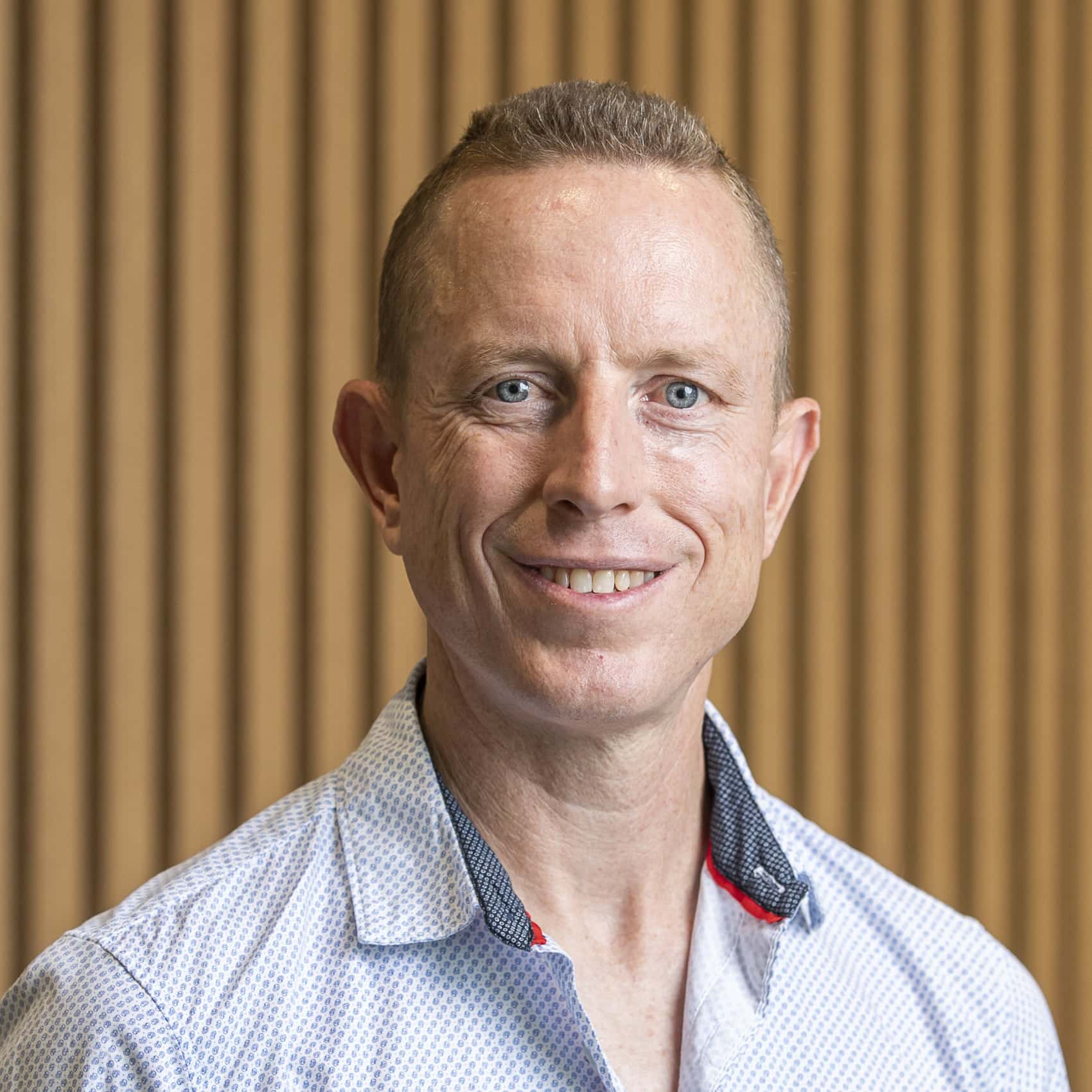
EViCTing Breast Cancer by Starving Tumour Cells
Published: 05/11/23 8:36 AM

Jeff Holst
Project Description: The growth and survival of cancer cells requires large amounts of energy. To sustain these high levels of energy, some cancer cells become addicted to the metabolic amino acid glutamine. Dr Omid Faridani and Prof Jeff Holst (UNSW Sydney) have developed and validated a novel testing platform EViCT (Ex-Vivo Clinical Trial) that mimics the metabolic environment of cancer cells in a patient. This study will use this platform to test a range of compounds that block the addiction to glutamine in triple-negative breast cancer (TNBC) cells.
Why the Work is Needed: TNBC is one of most aggressive forms of breast cancer with limited treatment options. It has a high risk of recurrence and one of the poorest survival outcomes so new treatments are desperately needed. To date the laboratory models used to evaluate anti-cancer compounds lack the ability to recapitulate the environment of cancer cells in a patient. This limits the translation of pre-clinical discoveries of new therapeutics into effective treatments for breast cancer.
Expected Outcomes: This study will provide evidence on the suitability of the new EViCT testing platform to evaluate new metabolic treatments for TNBC. The study could potentially uncover new drugs to block glutamine metabolism in TNBC tumours, a critical energy source for their growth, and lead to better survival outcomes for patients.
Project Details
Triple-negative breast cancer (TNBC) is an aggressive form of cancer that accounts for up to 15% of breast cancer cases. In Australia, this is around 3000 new cases per year. TNBC lacks estrogen, progesterone and HER2 receptors known to fuel breast cancer growth and therefore does not respond to hormonal and anti-HER2 therapies. Treatment for TNBC is largely limited to surgery and chemotherapy and patients with TNBC often have a high risk of relapse and poor survival outcomes compared to hormonally driven breast cancer.
A major challenge for the clinical development of new anti-cancer therapies is the lack of experimental models that mimic the complex environments of cancer cells in patients. Dr Omid Faridani and Prof Jeff Holst from the University of New South Wales has developed and validated a novel platform called EViCT, able to maintain the integrity of a tumour sample, supply nutrients, remove waste thereby replicating the “real world” scenario as in the patient’s body.
TNBC cells obtain energy from glutamine, an energy source that meets the high energy demands that are needed to sustain rapid tumour growth. With this NBCF support, the team will use their new EViCT (Ex-Vivo Clinical Trial) platform to evaluate drugs that are already approved for clinical use, or that are currently in clinical trials, to target breast cancer cell addiction to glutamine, ultimately starving the cancer cells to death. EViCT has the potential to revolutionise the way that new therapeutics can be tested and accelerate the translation of findings to the clinic resulting in fewer deaths from TNBC.